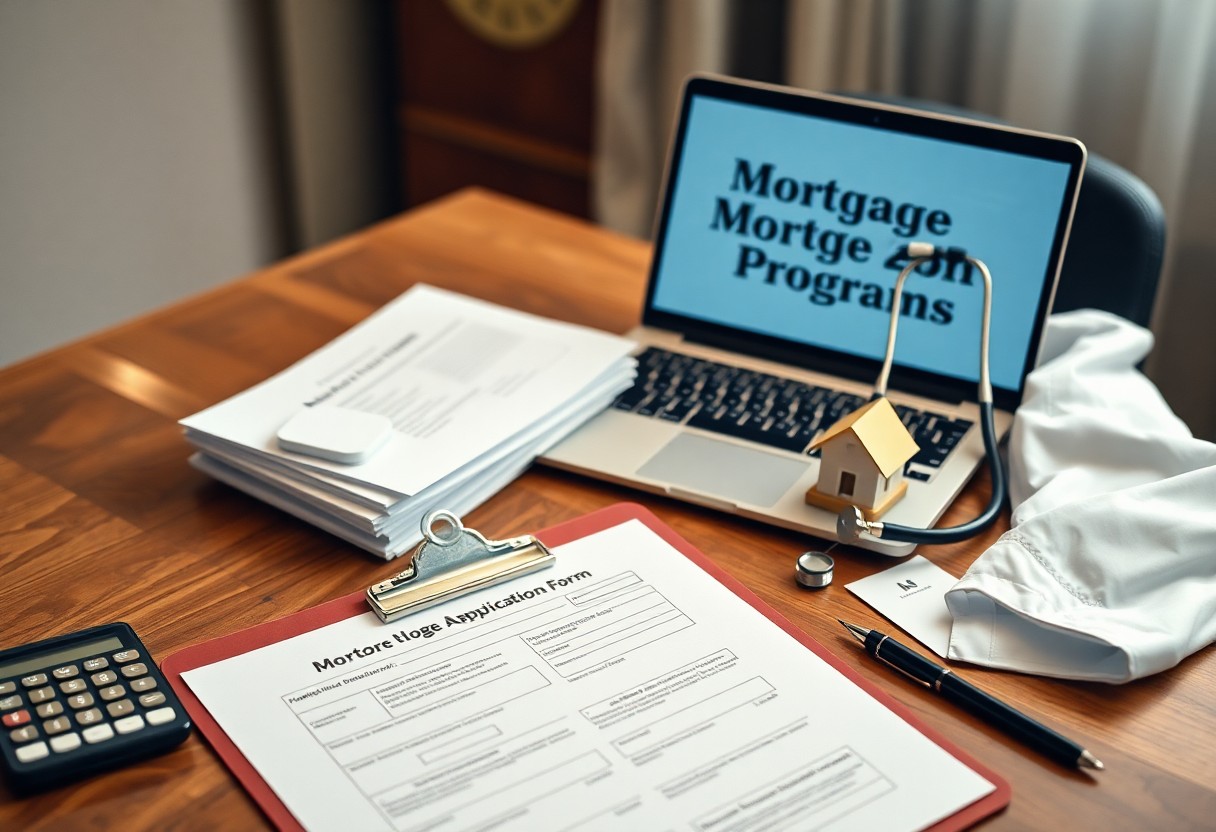Lender fees are costs the bank charges for underwriting the loan. Third party and escrow fees are not expenses the lender controls. Be aware that negotiating fees, could result in an increase in interest rate. If you only intend to stay in the home a few years, minimizing fees is the strategy that will save you the most money. If you plan to stay in the home for an extended number of years, then the lower interest rate is more valuable than lower fees.
A base amount is collected at closing to establish the account. Lenders want several hundred dollars in the account above and beyond actual expenses because the amounts will fluctuate from year to year. Even if you have a fixed rate mortgage, the escrow payments may adjust depending on current rates.
Ask the Seller To Pay. When negotiating the price of the home, you can request that the seller pay part of the closing costs. This can increase the sales price of the home, while reducing the amount you must have for closing.
A no closing cost mortgage is another option. In this case the lender will offer a higher interest rate, in exchange for closing costs. It will reduce the amount you need to close the loan but will cost you more in interest payments over the long run.
When you make an offer on a home, you must receive a Good Faith Estimate (GFE) within three days. As you look over the fees consider what numbers you have control over and which ones you don’t. This will help you more accurately compare rates across lenders and ensure you have enough funds available to close the loan.




